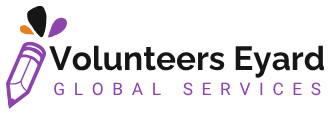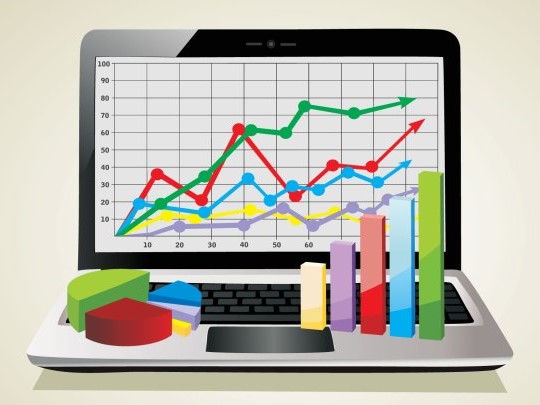Description
Statistics is a vital tool in understanding and explaining human behavior and societal trends. This course introduces core statistical methods used in social science research, blending theory with hands-on applications. You’ll learn how to formulate research questions, design surveys, and select samples. Key concepts include descriptive statistics, probability, hypothesis testing, correlation, regression, and analysis of variance (ANOVA). Special emphasis is placed on interpreting statistical results and avoiding common pitfalls in analysis. Using real-world datasets from sociology, psychology, education, and political science, you’ll gain experience using statistical software and reporting findings clearly. This course empowers researchers, policy analysts, and students to make data-driven decisions and communicate insights responsibly and effectively.







Simeon –
This course took the fear out of statistics for me. The examples were rooted in real social research, which made abstract concepts easy to understand and apply to my thesis work.
Elizabeth –
Clear, concise, and incredibly relevant. The course taught me how to interpret data responsibly and use statistical methods to back up my policy recommendations with confidence.
Fatimo –
I used to avoid stats-heavy electives, but this course changed my mind. The instructor made it engaging and relevant by using examples from real-world social science research.
Angela –
Our team needed better tools to assess program outcomes, and this course delivered. Practical lessons on survey analysis and statistical significance were exactly what we needed.
Nafisatu –
The way this course explained correlation, regression, and hypothesis testing was a lifesaver. I now feel equipped to handle actual research data and not just theoretical assignments.